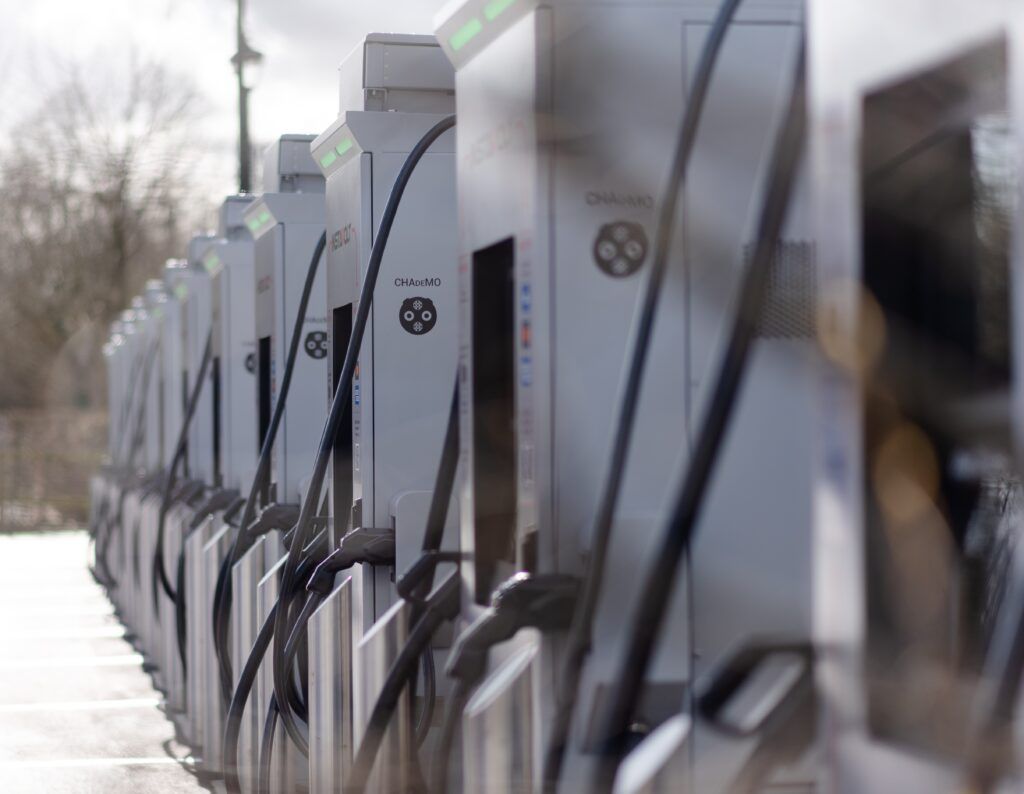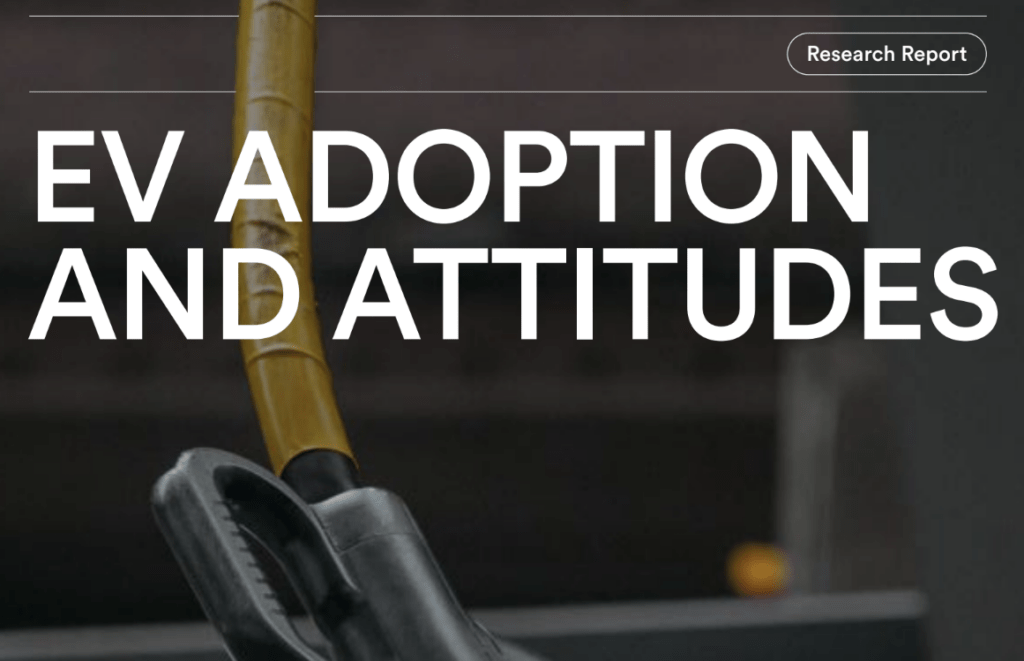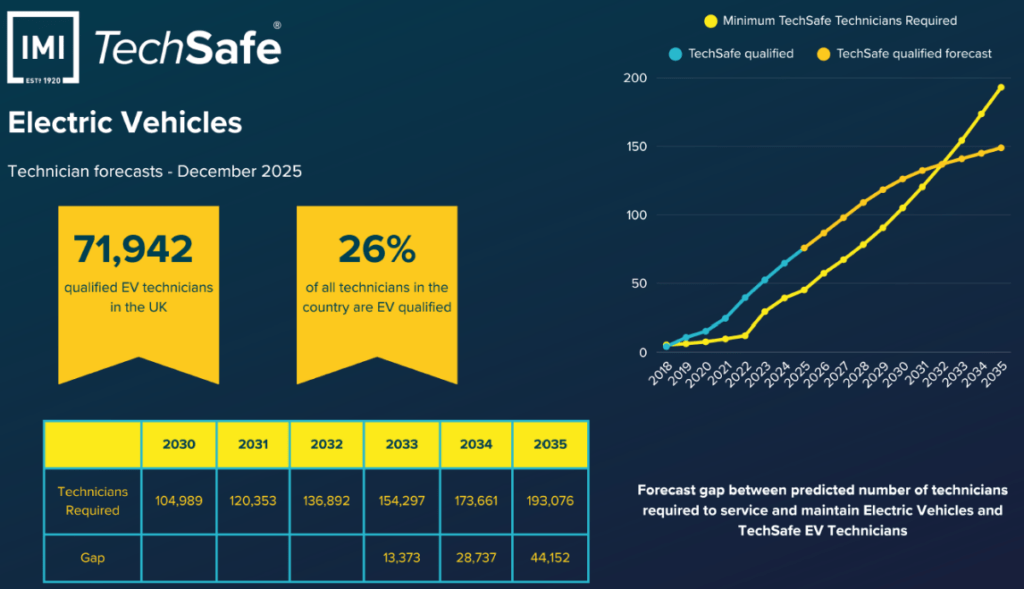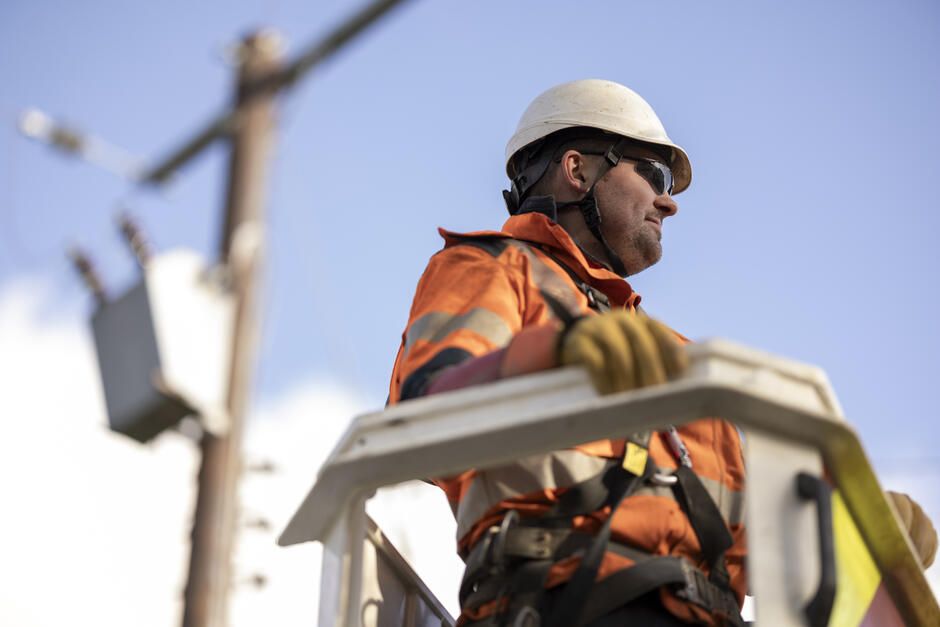New AA data which shows the public wants clearer electric vehicle (EV) charging signage has been welcomed by InstaVolt and FairCharge.
This week the motoring organisation said that drivers believe upgrading signage for the public EV charge points are necessary to help boost the prominence of the public network.
More than half of the 8,268 prospective EV drivers said that steps such as a clearer, universal sign should be used to help chargers stand out (56%), alongside totem pole pricing boards used at fuel forecourts (51%), as well as subtle tactics such as including charge points on built-in sat-navs for petrol and diesel cars (52%).
Jack Cousens, head of policy at the AA:
“While it’s great to see charging infrastructure installed across the country, there is a danger that many units are hiding in plain sight … highlighting the network and giving more confidence to those looking to switch to electric, seems a sensible upgrade to make.
“A visible public charging network is just one aspect that drivers are looking at when considering if the time is right for them to go electric.”
InstaVolt began campaigning for better EV charging signage two years ago, along with electric car supporter, FairCharge.
Since starting the campaign and working with The Sunday Times on an exclusive, to bring the issue to public attention, engagement with the Government has gathered pace.
This is imperative to clearly signal to those drivers who don’t have an EV that an infrastructure of 74,000 public chargers already exists. Reassuring non-EV drivers that so many thousands of chargers are already in the ground is critical to EV adoption.
Simon Smith, Chief Commercial Officer at InstaVolt, said:
“Ultra-rapid EV charging is being rolled out at record pace, and clear signage is the missing piece to reassure drivers that going electric is not only practical but convenient. This is a simple, low-cost solution that can be implemented quickly without the need for major infrastructure investment.
“We’re already engaging with OZEV and National Highways and discussing how small but effective changes to existing processes can help create clear and visible signs to direct drivers to the thousands of charge points across the country.”
Quentin Willson, FairCharge Founder, commented:
“We’ve worked with InstaVolt to repeatedly raise the issue of the lack of electric vehicle charging signage across the UK’s road networks and we’re pleased to see the AA, and non-EV drivers, supporting our calls. But we’ve been calling for change for two years now, without significant development. No wonder non-EV drivers believe there’s no charging infrastructure.”
Image courtesy of InstaVolt.











